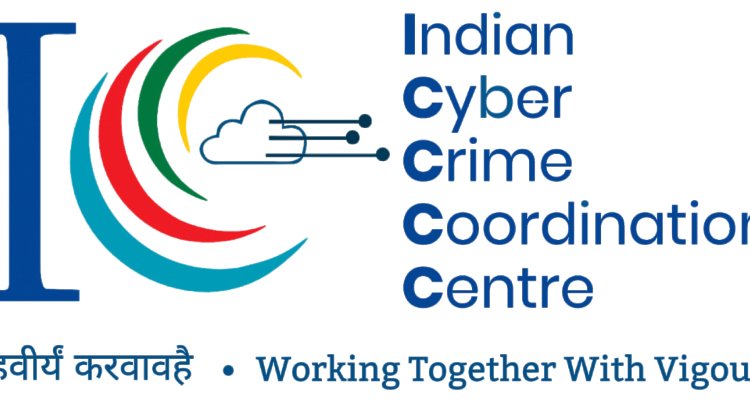Gurugram Woman Loses ₹5.85 Crore in Digital Arrest Scam: Are Banks Failing Us?
A woman in Gurugram lost ₹5.85 crore in a digital arrest scam. Her case raises serious questions about cybercrime response and banking system failures.

Digital Arrest Scam: A Gurugram Woman Loses ₹5.85 Crore Amid Banking Oversight
Gurugram, India — A shocking case of digital arrest scam has exposed major gaps in India's banking alert systems and raised urgent questions about cybercrime response protocols. A woman from Gurugram lost ₹5.85 crore in under three days after being manipulated and threatened by cybercriminals posing as law enforcement officers.
Despite repeated awareness campaigns and cybersecurity initiatives, this case reveals the limitations of existing safeguards in top Indian banks such as HDFC Bank and ICICI Bank.
The Scam: Threat, Manipulation, and Coercion
In September 2024, the victim received a call from a person claiming to be from a courier company, alleging that a parcel addressed to Beijing had been seized by Mumbai Customs due to illegal content. This marked the beginning of an elaborate scheme of psychological manipulation.
The fraudsters, dressed in fake police uniforms and using false identity documents, appeared on a Skype video call and claimed that she was involved in a drug trafficking case. They issued life imprisonment threats and even said they would harm her son if she failed to comply.
“After that, my brain stopped working. My mind just shut down,” she told the BBC.
For five consecutive days, the victim remained under constant video surveillance by the scammers. On 4 September 2024, under extreme mental duress, she visited her HDFC Bank branch and transferred ₹2.8 crore, followed by another ₹3 crore the next day.
Banking System Failure: Ignored Red Flags
The victim alleges gross negligence by the banks involved:
-
The high-value transactions were 200 times higher than her usual banking activity.
-
No alerts, calls, or fraud detection mechanisms were triggered.
-
Her premium account manager at HDFC did not intervene, despite the abnormal transfers.
-
In contrast, banks often call for verification on credit card spends above ₹50,000 — yet here, crores were transferred without scrutiny.
She questioned:
“Shouldn’t such large and sudden transfers have raised suspicion?”
ICICI Bank and Money Trail
The victim later discovered the money had been sent to an account in ICICI Bank held by a person named Piyush. Prior to receiving the funds, the account reportedly had just a few thousand rupees.
Her concerns included:
-
Why did ICICI allow such large deposits in a low-balance account without verification?
-
Why wasn't the account flagged or frozen immediately?
ICICI Bank responded by stating that they had followed all KYC norms and that the account was frozen as soon as a complaint was received. However, the delay in freezing allowed the money to be quickly siphoned off into 11 accounts in Sree Padmavathi Cooperative Bank, Hyderabad — eight of which had fake addresses and missing KYC documents.
Law Enforcement Investigation
Police investigations revealed:
-
Funds were distributed through multiple dummy accounts.
-
Most account holders were unaware that large sums were being routed through their accounts.
-
The lack of proper KYC checks in the cooperative bank system played a major role in the scam's success.
Systemic Cybercrime Crisis in India
According to Business Standard, digital arrest scams and similar cybercrimes tripled between 2022 and 2024, reaching 1,23,672 reported cases in 2024 alone.
Accountability and the Road Ahead
While HDFC Bank termed the woman’s allegations as “baseless,” stating that the fraud was reported days after the transfers, the incident underscores deeper systemic issues:
-
Lack of proactive fraud detection.
-
Inadequate KYC enforcement.
-
Delay in inter-bank coordination.
So far, the victim has managed to recover only ₹1 crore of her total loss. She continues to pursue justice while highlighting the urgent need for banking reforms, real-time red flag systems, and mental health considerations in cybercrime cases.
Conclusion
This case is not just about one individual’s loss — it reflects a critical failure in India’s digital banking and cybersecurity infrastructure. As cybercriminals evolve rapidly, institutions must go beyond passive alerts and embrace predictive fraud prevention, human intervention, and accountability at every level.
Cybercrime is no longer just a technical issue — it's a human crisis.
Follow cyberdeepakyadav.com on
Facebook, Twitter, LinkedIn, Instagram, and YouTube
What's Your Reaction?























